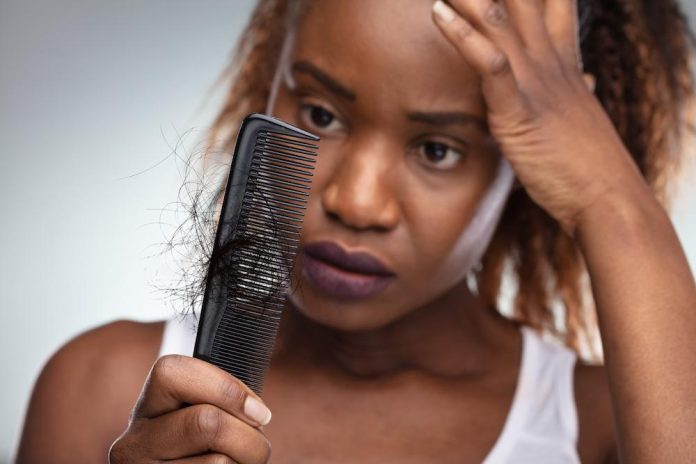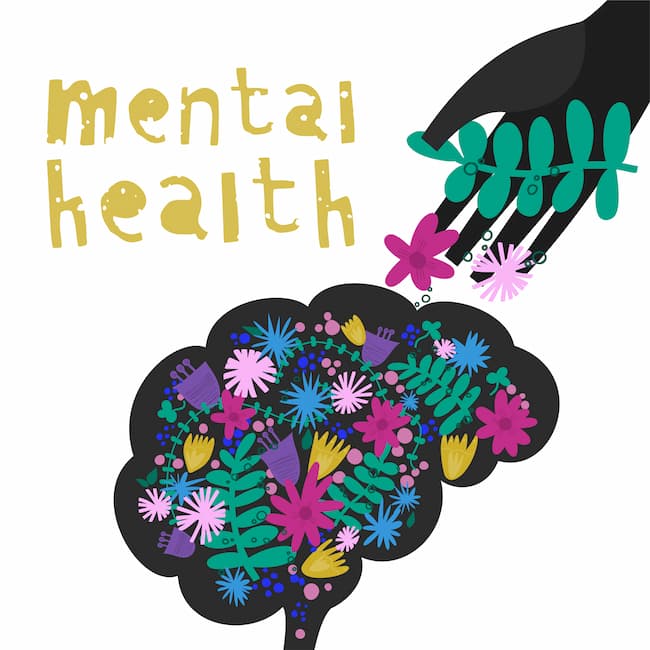Hair loss is one of the most common beauty and health concerns worldwide. Whether you’re noticing a few extra strands in the shower or dealing with significant thinning, you’ve probably searched for answers online.
But are you getting the right information? Here are the most searched hair loss questions and their surprising answers.
How Can I Prevent Hair Loss?
Your daily habits could be damaging your hair. The secret to maintaining a full head of hair lies in a combination of a protein-rich diet, stress management, and avoiding harsh chemicals that attack hair follicles. Genetics play a major role, but lifestyle adjustments can slow down the process. Catching the first signs of thinning early is crucial—waiting too long could mean permanent damage!
Are There Any Natural Remedies for Hair Loss?
Most “natural cures” don’t work long-term. While certain remedies like rosemary oil massages can boost scalp circulation by up to 54%, popular supplements like biotin have minimal effects against genetic hair loss. The hard truth: natural remedies alone rarely stop progressive hair loss. However, they may support overall scalp health when combined with medical treatments.
What Is the Role of Hormones in Hair Loss?
Hormones are behind 95% of male baldness. Dihydrotestosterone (DHT), a powerful form of testosterone, literally shrinks hair follicles by 75%, dramatically shortening growth cycles. Women aren’t exempt—up to 70% of female pattern hair loss is linked to hormonal imbalances, especially during pregnancy, menopause, and conditions like polycystic ovary syndrome (PCOS).
Can Stress Cause Hair Loss?
Absolutely! Acute stress can force up to 70% more hair follicles into the shedding phase (telogen effluvium). This stress-triggered hair loss can cause dramatic thinning almost overnight. Even worse, chronic stress damages hair over time, potentially leading to permanent hair loss. Managing stress through relaxation techniques, exercise, and proper sleep can help mitigate these effects.
What Are the Side Effects of Hair Loss Treatments?
Popular treatments come with hidden risks. Rogaine (minoxidil) can cause scalp irritation in about 7% of users and may even trigger unwanted hair growth in surprising areas. Propecia (finasteride) affects sexual function in 3-4% of men. Always consult a specialist before starting any hair loss treatment to understand potential side effects.
Does Wearing Hats Cause Hair Loss?
Myth busted—partly! Regular hat-wearing won’t cause baldness, but tight headwear can contribute to traction alopecia by constantly pulling on hair follicles. If your hat feels too tight or causes discomfort, it might be time to loosen up or switch styles to prevent unnecessary damage.
Does Smoking Cause Hair Loss?
Yes, and the numbers are alarming. Smokers are 1.6 times more likely to experience premature hair loss. Smoking reduces blood flow to hair follicles by up to 30%, accelerating aging and causing significant thinning. Quitting smoking not only benefits your overall health but also improves hair thickness over time.
Can Medication Cause Hair Loss?
About 12% of all hair loss cases are linked to common medications. Blood pressure drugs, antidepressants, and even acne treatments can secretly cause thinning hair. If you notice unusual shedding after starting a new medication, consult your doctor to discuss alternatives or possible solutions.
Can Hair Loss Occur Due to Nutritional Deficiencies?
Modern diets are often lacking in key nutrients essential for hair growth. About 30% of unexplained hair loss cases are linked to deficiencies in iron, zinc, and protein. The good news? Addressing these deficiencies can lead to noticeable hair improvement in 60% of patients within just 3-6 months.
Is It Possible to Stop Hair Loss Naturally Without Medications?
For genetic hair loss, natural methods alone rarely succeed. While a healthy lifestyle can slow the process, most cases require medical intervention. Hair restoration treatments, such as PRP therapy or hair transplants, have shown success rates of up to 90%, far outperforming natural remedies.
The Final Takeaway
Hair loss is a complex issue with multiple causes. While natural solutions and lifestyle changes can help in some cases, most people dealing with significant hair loss will benefit from medical treatments. Understanding the facts can help you make informed decisions about hair care and preservation.













